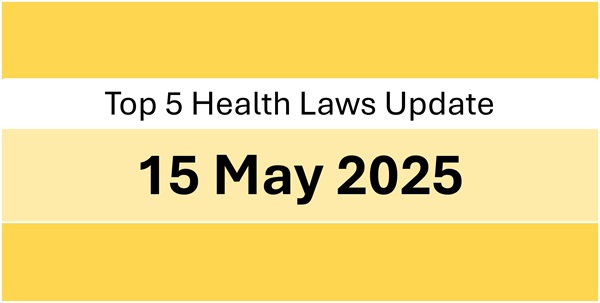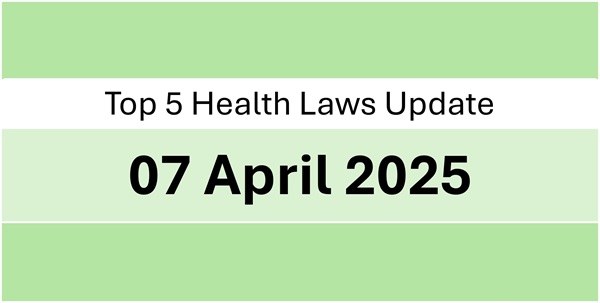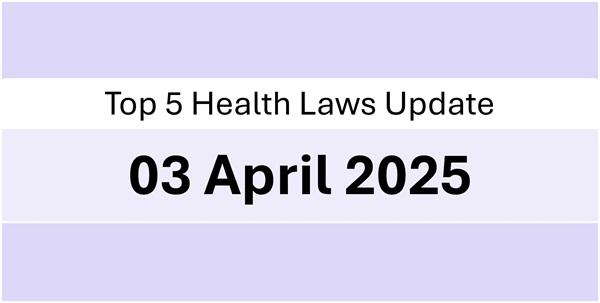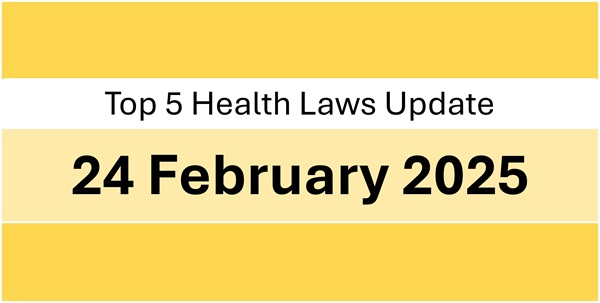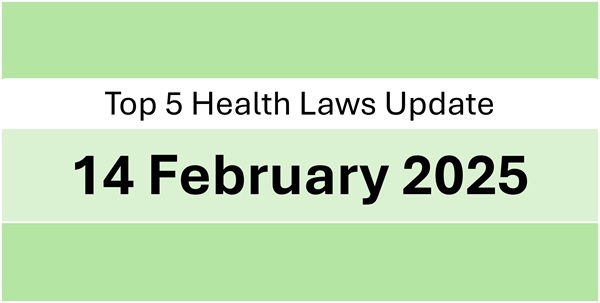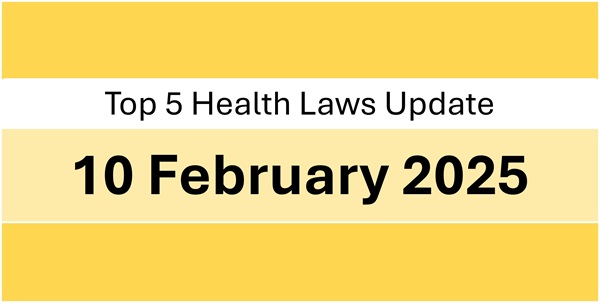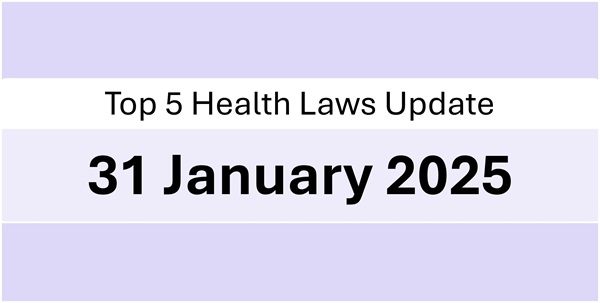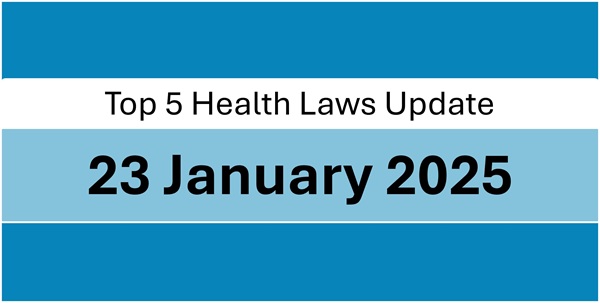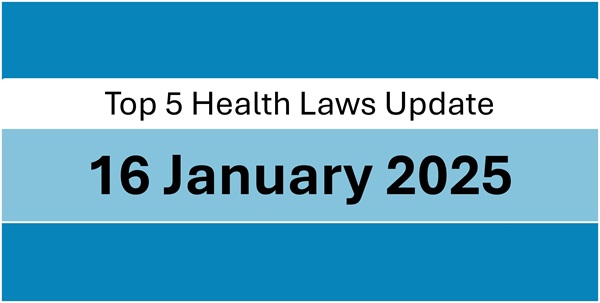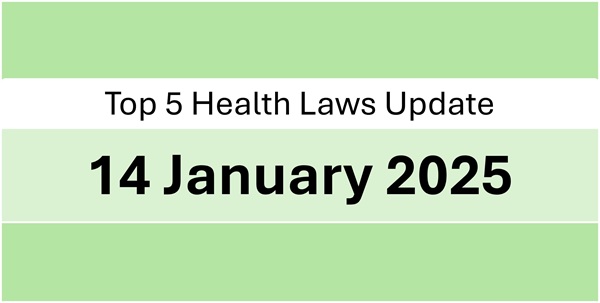Dear Readers, we are happy to share the most interesting legal and policy updates concerning health industry that we read today. we hope you enjoy reading it.
1. India’s Central Drugs Standard Control Organization (CDSCO) is in the process of initiating license withdrawal procedures for unapproved fixed-dose combinations (FDCs) of antibiotics. This action follows the failure of state drug licensing authorities to submit critical data. The move is aimed at curbing irrational antibiotic use and combating antimicrobial resistance.
Source: bit.ly/4j6zhxs
2. India’s government plans to mandate QR codes on vaccines, antimicrobials, narcotics, and cancer drugs to enhance traceability and combat counterfeiting. The move also includes adding excipient details on labels for certain medicines, aiming to improve drug authenticity, safety, and public health protection across the supply chain.
Source: bit.ly/4jflqFa
3. An Indian industry group has urged the government to scrap the mandatory testing of cough syrups at government-approved laboratories before export. The group argues that this costly process delays shipments and places a heavy burden on small manufacturers. The requirement was introduced following reports linking India-made syrups to fatalities in Gambia.
Source: bit.ly/437zHNO
4. The United States Food and Drug Administration (US FDA) has issued a warning to an Indian drug manufacturer for significant violations of Current Good Manufacturing Practices (CGMP) at its production facility. The violations include unsanitary conditions, inadequate equipment cleaning, poor documentation, and unverified raw material, raising serious global concerns about product quality, safety, and regulatory compliance.
Source: bit.ly/4mjGJIg
5. The EU’s Scientific Committee on Consumer Safety (SCCS) has concluded that butylparaben at 0.14% is unsafe for children aged 0.5–10 years when used in multiple cosmetic products. However, it is considered safe in single-use dermal and oral products, excluding body lotions.
Source: bit.ly/3H8EmYu

